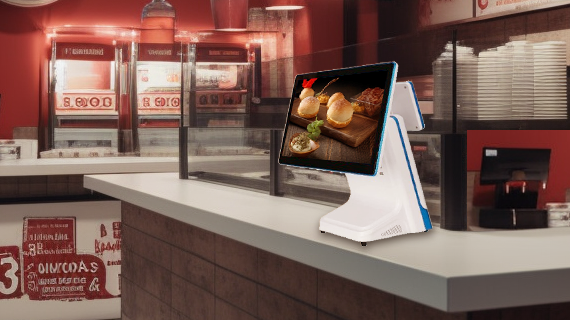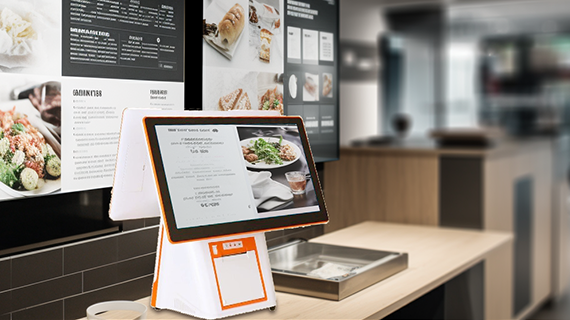Cash registers: essential equipment for retail businesses
In almost every brick-and-mortar retail business, from the smallest corner convenience store to the largest supermarket, one of the key pieces of equipment you’ll typically find is a cash register. Cash registers streamline the sales management process by tracking transactions, calculating total costs (including taxes and discounts), and generating receipts for customers. Efficient sales management is essential to running a successful retail business.
The last thing a retailer wants is to have customers wait in long lines at checkout transactions. Cash registers enable fast and efficient transactions, increasing customer satisfaction and driving repeat business.
Modern cash registers can integrate with inventory management systems. This allows retailers to track their inventory levels and receive notifications when stock needs to be replenished. Integrating cash registers saves retailers time and effort while minimizing the risk of stock-outs.
Modern cash registers also provide retailers with valuable insights. Integrated sales reporting and analytics allow businesses to identify popular products, peak shopping times, and customer spending patterns, helping them make informed decisions about inventory, pricing, and promotions.
U.S. economy transitioned from an agricultural system to a manufacturing system. Retail shops began to become the primary place where people purchased goods
Over the centuries, the economic structure of the United States of America has undergone a major shift. From an agriculture-dominated economy to a manufacturing-dominated economy. This shift has affected all aspects of American society, especially how and where people buy goods. Within this transformed economic landscape, retail shops have become the primary market. Dramatically changing the shopping habits of Americans.
With the rise of e-commerce and digital shopping today, this development has spurred further growth and is poised to write a new chapter in the history of American consumerism. Regardless of the shifting scope of economic activity, one thing is clear: the spirit of buying and selling continues to evolve to meet the changing times.
Over time, the use of technology has improved the operation of cash registers
The advent of computer technology in the 1980s brought about a quantum leap in cash register technology. Computerized cash registers enabled businesses to maintain inventory levels, record sales transactions, track customer information, and generate sales reports. Around the same time, the introduction of barcode scanners made it easier to enter product information, reducing human error and increasing the speed of transactions.
With the rise of smartphones and tablets, mobile POS systems are revolutionizing the retail industry. POS systems are highly portable and convenient, not only replacing traditional cash registers but also delivering an enriched customer experience by reducing wait times, facilitating personalized service, and streamlining business operations.
In essence, the journey of the cash register from a purely mechanical instrument to today’s technologically advanced systems is a remarkable testament to human innovation. The retail landscape has changed dramatically, largely due to the continuous evolution of cash registers that have dramatically improved the operational efficiency of businesses around the world.
The future is here: expect smarter cash registers
Historically, businesses have operated from a static perspective, relying on old-fashioned cash registers for financial transactions. But as we move further into the 21st century, a wave of change has begun. To move relentlessly, with the focus shifting to smarter, more advanced solutions. This digital transformation heralds the emergence of smart cash registers. Looking ahead, these state-of-the-art devices mark a profound shift in global commerce.
As we move further into the digital age, the business world is adapting and innovating, and smarter cash registers are a testament to this shift. Traditional cash registers are evolving into multi-functional, big data-based devices that incorporate advanced analytics, inventory management, and personalized customer service. These next-generation devices offer multiple payment options combined with enhanced security measures such as transaction encryption and secure data storage. In addition to increasing efficiency, they comply with sustainable practices by reducing energy consumption and facilitating paperless transactions. As much as we anticipate the rise of smart cash registers, it’s clear that they are paving the way for technology. To become more efficient, secure, and reliable cash registers.



